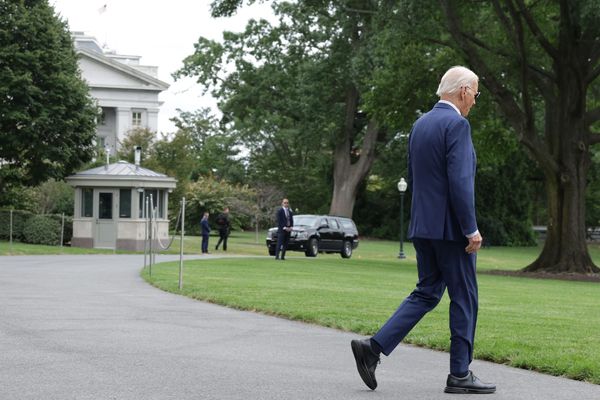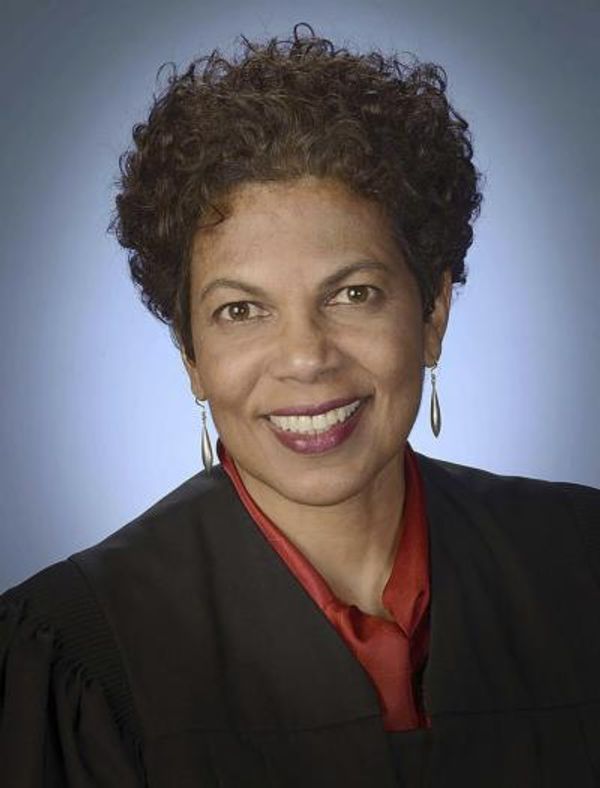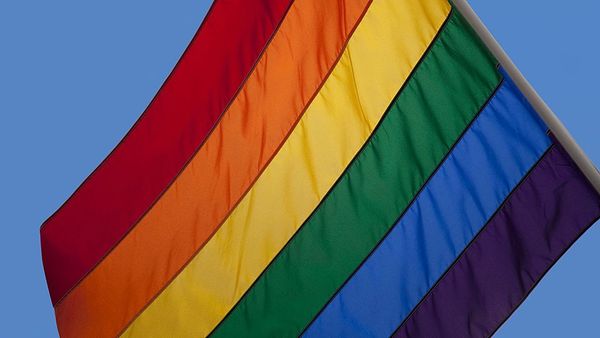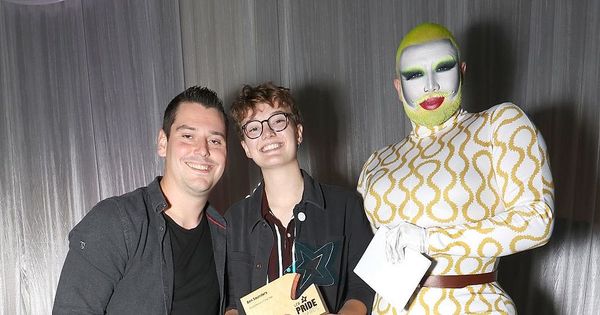MUMBAI, India — In a historic ruling, the Supreme Court scrapped a provision of the discriminatory Section 377 of the Indian Penal Code on September 6, 2018, marking a huge victory for the LGBT community.
While the ruling has decriminalized homosexuality in India, discussions about one’s sexual orientation remain a taboo. Pragya Pallavi, however, is one of the bold musicians who is going to release her first queer album Queerism after the Section 377 verdict.
“I’d faced challenges at home with my mother and grandma initially when I came out, though my dad was understanding,” Pallavi told The News Lens. “They’ve all come to terms with my sexuality now, but as a woman, I feel there are challenges that amplify. Representation of women and their sexuality is still done in a very problematic way.”
In February this year, A music video of her song “Lingering Wine,” was stopped from airing on national television before it was released online simply because it showed a lesbian couple kissing.

In 2009, the Delhi High Court had decriminalized parts of Section 377, a colonial-era law that made specific “unnatural” sexual acts between consenting adults illegal. But the decision was overturned by the Supreme Court in December 2013, dealing a significant blow to the LGBT community.
Fresh petitions were filed again in 2016, leading up to the same apex court striking down the previous verdict from 2013. The decision came after a series of petitions filed by mostly members of the LGBT community and activists. Two key lawyers who had fought to abolish this colonial-era law, Menaka Guruswamy and Arundhati Katju, came out as a couple almost a year later.
Suryatapa Mukherjee, a 25-year-old journalist and performance artist, recalled having mixed feelings at the time of the ruling. She told The News Lens, “It was a joyous moment for me and others from the LGBT community. It was also long time coming, though given the history of how a similar judgment was once reversed, there was a bit of anxiety and disbelief in the air as to whether this had finally happened.”
In addition to the court ruling Section 377 as unconstitutional, the Indian government also passed the Transgender Persons (Protection of Rights) Bill in July 2019, aiming to extend protective mechanisms for people who identify as transgender. However, the trans community has largely expressed discontent with the bill’s limitations.

Some of the contentious provisions of the bill include the process of obtaining legal gender recognition. A trans person needs to first apply for a transgender certificate, after which they are required to appear before a District Magistrate with a request to change their gender in their legal documents. But to qualify for the certificate, it requires a surgery documented by a medical authority, taking away the autonomy of a trans person to self-identify their gender.
Meenakshi Ganguly, the South Asia director at Human Rights Watch, said in a press statement, “The Transgender Persons Bill should be a remarkable achievement for a long-persecuted community, but the current draft fails on the fundamental right to self-identify.”
Alex Matthew, a hospitality consultant, has been performing drag with his act Maya or Mayamma since five years ago. Despite the slow progress in LGBT acceptance, he has seen a changing landscape in India’s drag scene, which is still in its nascent stages.
“The verdict has definitely changed things for me in the sense that brands are opening up and I feel more comfortable and confident in taking my performance art more seriously,” he said.
From performing in dedicated spaces, he hopes to move to meaningful talk shows as well as movies, seeking a wider mainstream acceptance of queer people as well as drag queens in India. He jokingly said, “If RuPaul can get an Emmy, I want to get an Oscar eventually — something our straight entertainers haven’t been able to do yet.”

As the LGBTQ community in India still faces diverse challenges, Pallavi reiterated the need for unity within the community, which tends to be disproportionately represented by cisgender gay men.
Despite challenges, she is still confident that her genre-bending music can drive change, as it remains “as fluid as the notion of gender and sexuality.”
“Art can be used as both a tool of expression and representation, helping people empathize with marginalized communities such as ours,” Pallavi said.
And even though marriage equality seems like a distant goal at the moment, there is a general consensus the country is slowly moving in a positive direction.
“We are taking baby steps. There are centuries worth of conditioning that we have to undo as a society. After all, it took decades in the U.S. for marriage equality to be slowly recognized, even after a major historical event such as Stonewall,” Matthew said.
READ NEXT: Past and Present: 20 Years of LGBT Movement in Singapore
TNL Editor: Daphne K. Lee (@thenewslensintl)
If you enjoyed this article and want to receive more story updates in your news feed, please be sure to like our Facebook page below.










